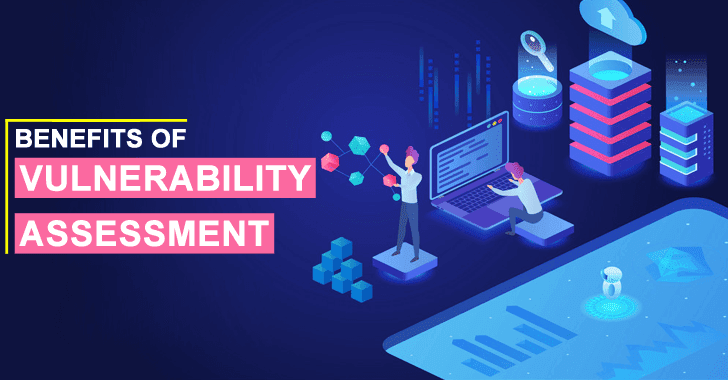Vulnerability Assessments Benefits

Vulnerability assessments offer several benefits for organizations aiming to enhance their cybersecurity posture. Some of the key advantages include:
Identification of Weaknesses: Vulnerability assessments help organizations identify weaknesses and security flaws in their systems, networks, applications, and overall infrastructure. This proactive approach enables organizations to address potential issues before they can be exploited by malicious actors.
Risk Reduction: By identifying and addressing vulnerabilities, organizations can reduce the risk of security incidents such as data breaches, unauthorized access, and service disruptions. This, in turn, helps protect sensitive information and maintains the integrity of critical systems.
Compliance with Regulations: Many industries and jurisdictions have specific regulations and compliance requirements related to cybersecurity. Conducting regular vulnerability assessments helps organizations meet these regulatory obligations, avoiding potential legal consequences and fines.
Prioritization of Remediation Efforts: Vulnerability assessments provide insights into the severity and potential impact of identified vulnerabilities. This information allows organizations to prioritize their remediation efforts, focusing on the most critical and high-risk issues first.
Cost Savings: Proactively addressing vulnerabilities can lead to cost savings in the long run. Preventing security incidents is often more cost-effective than dealing with the aftermath of a breach, which may involve legal fees, customer notifications, and reputation damage.
Improved Security Awareness: Vulnerability assessments contribute to a better understanding of security risks within an organization. This increased awareness extends to both IT teams and non-technical staff, fostering a security-conscious culture and reducing the likelihood of falling victim to social engineering attacks.
Enhanced Incident Response Preparedness: Understanding vulnerabilities in advance allows organizations to develop and refine their incident response plans. This preparation ensures a more effective and timely response in the event of a security incident.
Continuous Improvement: Cybersecurity is an ongoing process, and new vulnerabilities emerge regularly. Regular vulnerability assessments support a continuous improvement mindset, helping organizations stay ahead of evolving threats and maintain a robust security posture.
Protection of Customer Trust: Demonstrating a commitment to cybersecurity through regular vulnerability assessments and proactive risk management helps build and maintain trust with customers, clients, and partners. Customers are more likely to trust organizations that prioritize the security of their information.
Support for Security Investments: Organizations can justify and optimize their investments in security technologies and measures by using vulnerability assessments to identify gaps and areas that need improvement. This ensures that resources are allocated effectively to address the most critical security issues.
In summary, vulnerability assessments play a crucial role in proactive cybersecurity efforts, helping organizations identify and mitigate potential risks before they lead to security incidents. The benefits extend to compliance, cost savings, customer trust, and overall organizational resilience in the face of evolving cyber threats.
Thank you.